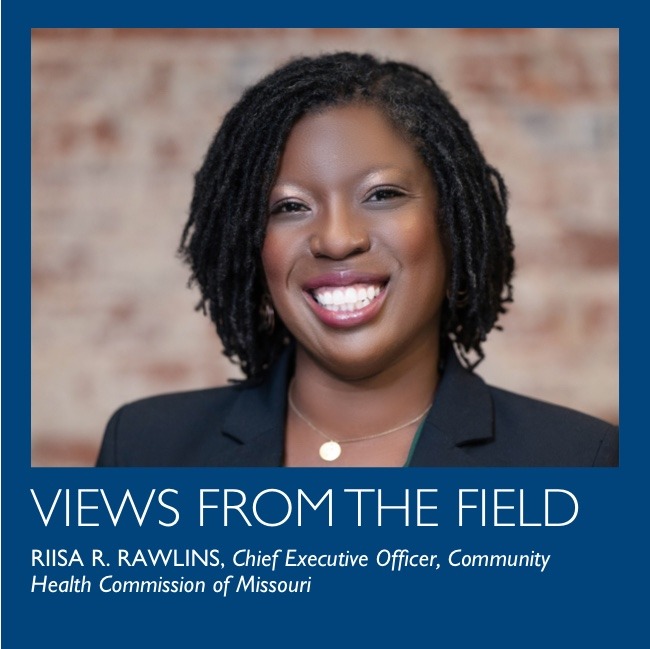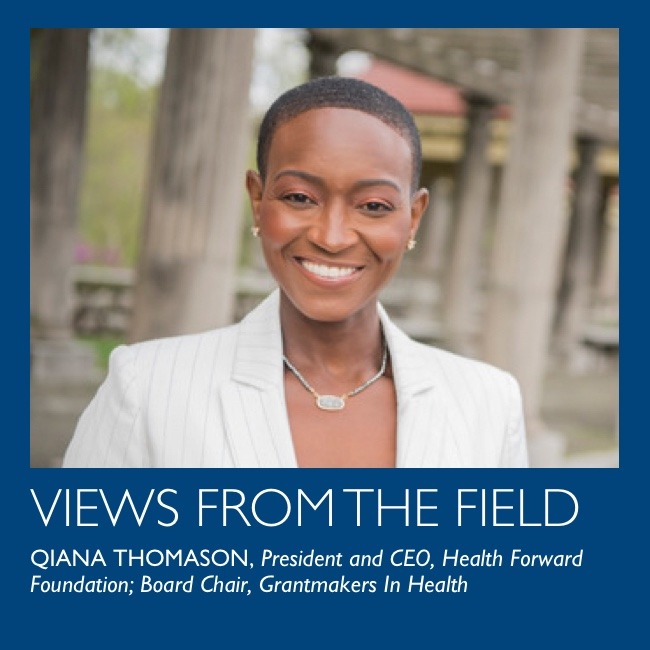Power to the People: Advancing Impact Through Participatory Budgeting
Who is best positioned to determine how health funding should be allocated? At the Community Health Commission of Missouri (CHCM), we believe the answer is clear: the people most affected by health disparities.
How Pew Is Learning to Improve Health Policy
Antibiotics revolutionized medical treatment and are a cornerstone of modern health care. However, the global rise of antibiotic-resistant bacteria is making infections costlier and deadlier. After a 2008 report commissioned by The Pew Charitable Trusts highlighted these concerns, the organization invested in multiple projects to set limits on the use of antibiotics and to spur the development of new drugs.
GIH State Grant Writing Assistance Fund, Phase II
Grantmakers In Health (GIH), with support from the Robert Wood Johnson Foundation, is making available grant writing support to help states implement the Affordable Care Act.
Integrative Medicine: Rethinking Health Care Delivery
Fifteen years ago I was a consulting psychologist with a newly minted doctorate, happy, and engaged in checkbook philanthropy on the side. But in the deep of winter, a diagnosis of breast cancer upended my world.
Margaret O’Bryon Selected 2012 Terrance Keenan Award Winner
Margaret O’Bryon, president and CEO of the Consumer Health Foundation, has been named the 2012 recipient of Grantmakers In Health’s Terrance Keenan Leadership Award in Health Philanthropy.
Jandel Allen-Davis and Anthony Iton Named to GIH Board
Grantmakers In Health is pleased to announce the addition of Jandel Allen-Davis and Anthony Iton to its board of directors. Their board terms begin after the 2012 GIH Annual Meeting on Health Philanthropy.
Grant Agreements and Lobbying
Have you read your grant agreement or grant award
letter recently? Not just scanned it to make sure the
reporting dates have been updated, but read every
paragraph or clause to make sure the agreement says what you
think it says…and what you want it to say? If not, it is time to
do it now.
Changing Expectations for Care at the End of Life
The culture and system of care at the end of life present unnecessary emotional, physical, and financial burdens for patients and their loved ones. Although this is what we have come to expect, other realities are possible.





